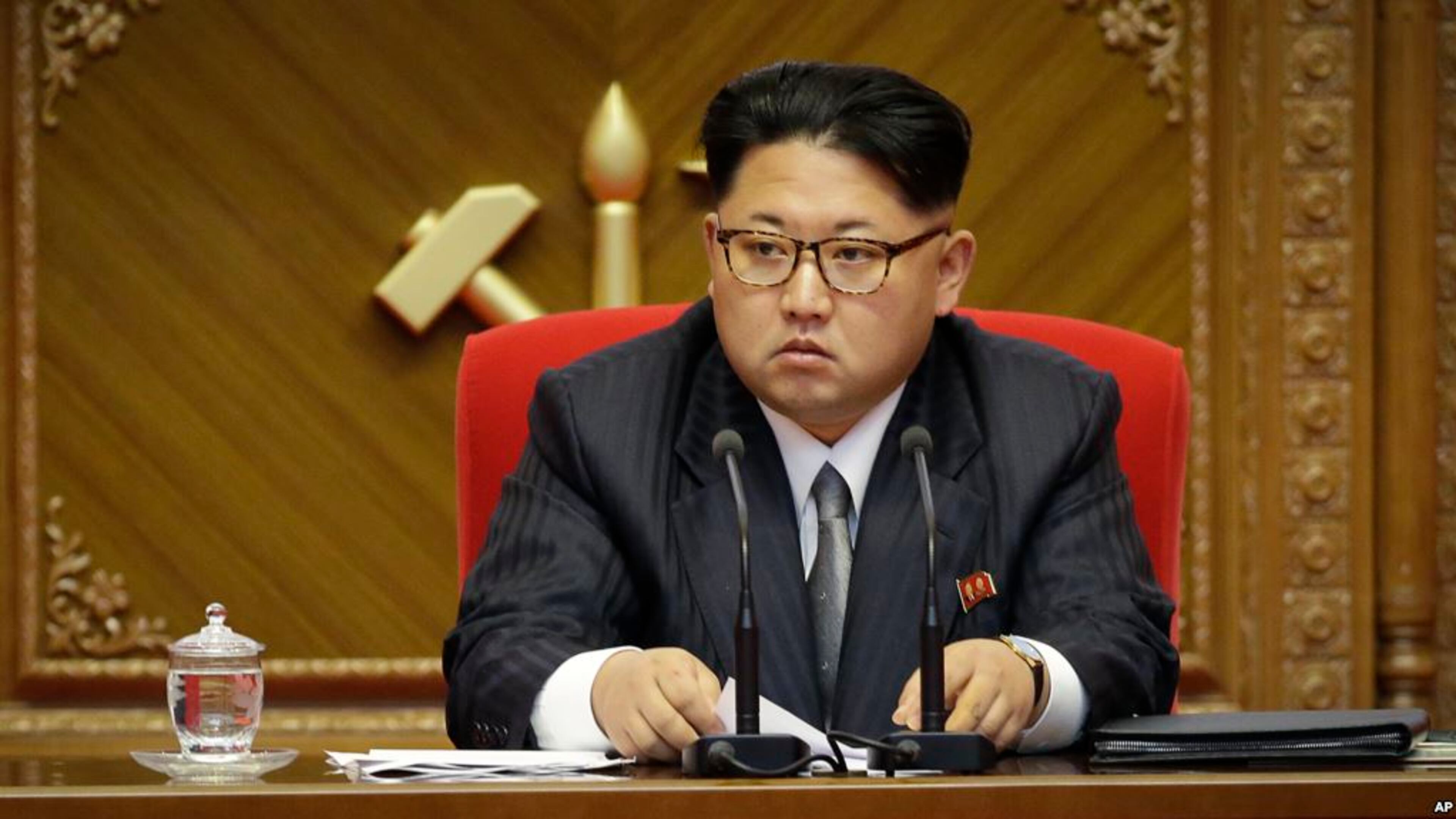Opinion: The con man becomes the mark

At some point, it was going to happen.
At some point, the bluebirds-singing-kumbaya, happy-castles-built-on-sand fantasy that North Korea was willing to shed its nuclear arsenal, the notion that it’s time to schedule a flight to Oslo for the Nobel ceremony because, really, “everyone’s saying” that President Trump has earned it -- at some point, all of that was going to collide with hard reality, and reality was going to win.
And if that moment hasn’t happened quite yet, if North Korean and American officials manage to stumble through this latest dispute to the scheduled June 12 summit, it is coming nonetheless. The avowed, oft-repeated goal of the Trump administration -- “the complete verifiable irreversible denuclearization of North Korea” -- is not and was not ever attainable.
Once you accept that fact, important questions flow from it:
1.) Donald Trump has invested a lot of personal ego and ambition in the idea that such an accomplishment is possible, and that he is the only man who can pull it off. He has done so publicly, even flamboyantly, as is his nature, bragging about it almost as if something grand has already been accomplished. By doing so -- and by making it clear how badly he personally wants and needs this deal -- he has surrendered significant leverage to both North Korea and China. You don’t walk onto the car lot telling the salesman how very much you love that new Lincoln and how much you want your neighbors to see you driving it, but that ‘s exactly what Trump has done.
It is the act of an amateur, being played by professionals.
So how will Trump react when -- not if, but when -- it all starts to fall apart? In past negotiations with Congress over issues such as spending, Obamacare and gun-safety laws, Trump has tried to salvage a deal by basically caving to other side, only to be reined back in by his staff and conservative leadership. That’s because Trump cares a lot about getting the credit for closing the deal, and not at all about the actual details or policy involved in that deal.
That behavior becomes much more problematic in a face-to-face summit setting, where Trump will be presumed to speak on behalf of the U.S. government rather than as a partisan politician, and where the topic is nuclear weaponry. As the president has also demonstrated -- i.e., “Do not congratulate Putin for the election!” -- he is likely to blurt out almost anything in such settings no matter how strongly his staff attempts to impose discipline.
The alternative Trumpian response -- anger and frustration that his dreams of being world peacemaker have been dashed, making him look foolish in the process -- is equally likely and even more troubling. History tells us that Trump is not a man who responds maturely to public failure; his instinct is to get vindictive and lash out blindly, blaming everyone but himself. And in this context, that could get an awful lot of innocent people killed.
For that reason, it’s probably better if this whole thing falls apart now, before a summit, than in the aftermath of a high-profile international event in which expectations are raised, then dashed.
2.) If “complete verifiable irreversible denuclearization of North Korea” proves unattainable, is it possible to attain something short of that goal that still benefits all parties involved and increases their sense of security? Maybe. North Korea does want a deal, largely because sanctions are imposing real pain. The question here is whether the Trump administration is willing and able to pursue such a course, and whether they can sell it to their supporters back home. My sense is no, they cannot, particularly after scuttling the Iran deal for being insufficiently tough.
I hope that I’m proved wrong about all of this. I hope that despite the slapdash, almost desperate way this effort is being put together, something good and lasting can come out of it. I just don’t see how.
